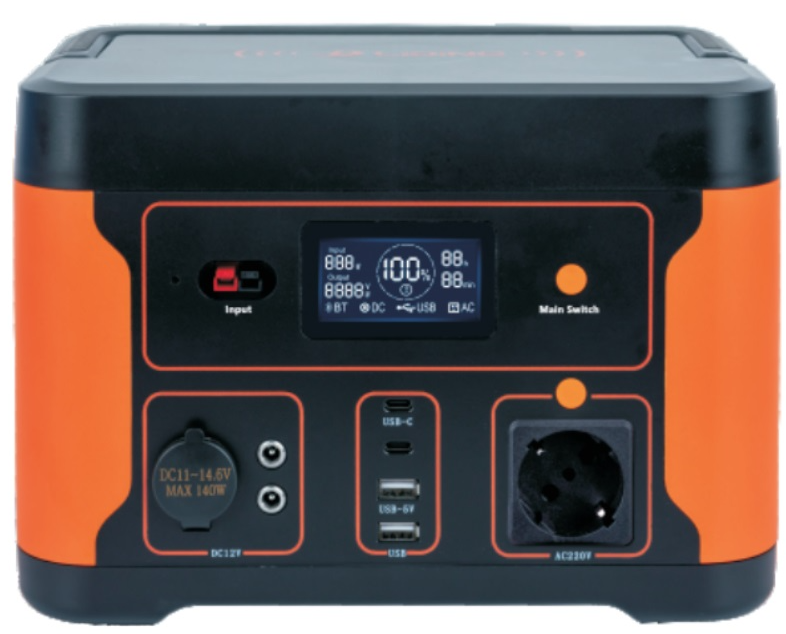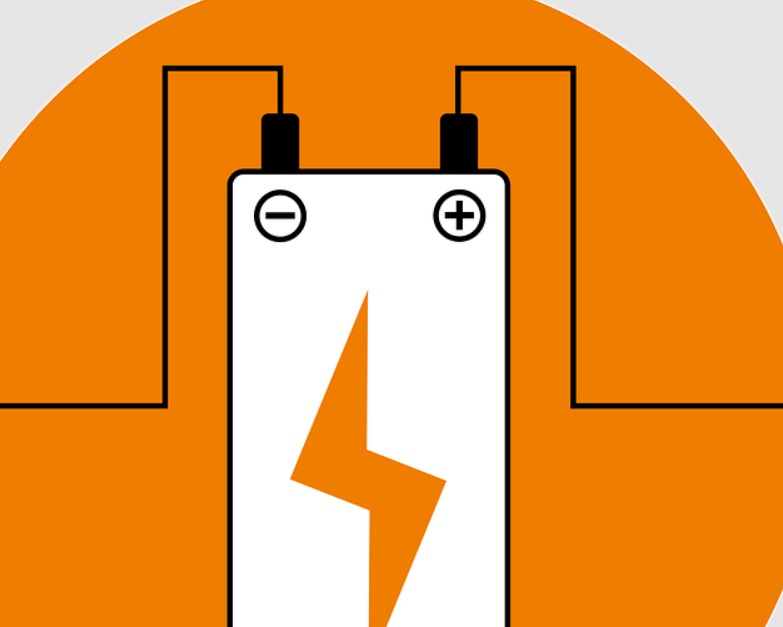In an age where uninterruptible power supplies are vital to our daily lives, having a reliable home backup power system is essential. Home energy storage has become a popular solution, allowing homeowners to store excess energy and utilize it during power outages or periods of high demand. In this article, we will explore different options for home backup power, considering factors such as capacity, reliability, cost-effectiveness, and environmental sustainability to determine the best solution for residential energy storage needs.

Home standby power is a critical piece of equipment that ensures that a household can maintain normal life during emergencies (e.g., power outages, natural disasters, etc.). When choosing the best home backup power supply, we need to consider a number of factors, including power type, capacity, safety, reliability, portability, and cost. The following is a detailed analysis and recommendation of these factors. First of all, there are many types of home backup power supplies, mainly including UPS (Uninterruptible Power Supply), generators, solar power, etc. UPS is suitable for devices that require high power stability, such as computers, servers, etc. It can provide a short supply of power after a blackout and ensure that the device shuts down normally and saves data. Generators are suitable for occasions that require a long time of power supply, can provide stable power output, but the noise and exhaust emissions are large. Solar power uses solar energy to generate electricity, which is environmentally friendly and non-polluting, but requires certain sunlight conditions to maximize performance.
1. Battery backup system:
Battery backup systems, especially those based on lithium-ion (Li-ion) technology, have gained great popularity in recent years. These systems store excess energy from renewable sources or the grid for later use. Li-ion batteries offer high energy density, high efficiency and long cycle life, making them a reliable choice for home energy storage. They come with a variety of features that allow homeowners to choose a system that meets their energy needs. Battery backup systems provide seamless power during power outages and can be easily integrated with solar panels or other renewable energy sources to provide a sustainable and reliable home power backup solution.
2. Fuel generators:
Fuel generators such as diesel generators or natural gas generators have long been used as home backup power. These systems offer high levels of reliability and can provide significant power output. However, they have drawbacks, including noise, emissions, and dependence on fuel availability. Fuel generators require ongoing fuel procurement and maintenance, which can increase their operating costs. In addition, they contribute to air pollution and carbon emissions, which have a lower environmental impact than battery backup systems.
3. Solar Plus storage systems:
Solar Plus Storage System combines solar panels with a battery backup system to provide a comprehensive and sustainable solution for home backup power. During the day, the solar panels generate electricity that can power the home while charging the backup batteries. Excess energy is stored in the batteries for use at night or during power outages. This integrated approach maximizes the use of renewable energy and reduces reliance on the grid. Solar plus storage systems provide a reliable and environmentally friendly home backup power solution that delivers long-term cost savings and energy independence.
4. Microgrid systems:
Microgrid systems provide advanced home backup power solutions by creating local grids that operate independently of the main utility grid. These systems combine renewable energy generation, energy storage and smart energy management to ensure continuous power supply. Microgrids can seamlessly switch between grid-connected and islanded modes during power outages, enabling homeowners to maintain power without interruption. These systems are highly reliable and offer enhanced energy resilience, making them suitable for areas with frequent power outages or for homeowners seeking maximum power reliability.
Capacity is an important consideration when choosing a home backup power source. A capacity that is too small may not be able to meet the household electricity demand, while a capacity that is too large may be wasteful. Generally speaking, the capacity of a household standby power supply should be determined according to the power and number of household electrical appliances. For example, for general household appliances such as refrigerators, TVs, lamps, etc., a UPS or generator with a capacity of about 1000W may be sufficient to meet the demand. If you need to power high-power appliances such as air conditioners and water heaters, you will need to choose a generator with a higher capacity. Safety and reliability are factors that must be considered when choosing a home backup power supply. Power supply equipment may generate high temperatures, sparks and other safety hazards during operation, so you should choose power supply equipment with safety features such as overload protection, over-voltage protection and short-circuit protection. In addition, the reliability of the power supply equipment is also very important, and you should choose brand-name products with reliable quality and stable performance to ensure that they can work properly in an emergency.
5. Considerations for choosing the best home backup power supply:
a. Energy Requirements: Evaluate the energy requirements during a power outage and determine the capacity needed for the backup system. Consider essential equipment and systems that require power, such as refrigeration, lighting, heating or cooling, and medical equipment.
b. Cost-effectiveness: Evaluate the initial investment, operating costs, and potential long-term savings of different backup options. Consider factors such as equipment costs, maintenance requirements, and fuel costs.
c. Reliability: Evaluate the reliability and uptime of the backup system, considering factors such as the system's ability to provide seamless power during a power outage, response time, and overall system durability.
d. Environmental Impact: Consider the environmental impact of the backup system. Select solutions that minimize carbon emissions, reduce dependence on fossil fuels, and promote sustainability.
e. Scalability: Determine if the backup system can be easily expanded or upgraded to meet future energy needs. This is especially important if the homeowner plans to expand renewable energy capacity or increase energy consumption in the future.
The best home backup power solution depends on a variety of factors, including energy demand, cost-effectiveness, reliability, environmental impact and scalability. Battery backup systems, such as lithium-ion systems, offer sustainable and efficient solutions that provide seamless power during power outages. Solar + storage systems combine renewable power generation with battery backup to maximize energy efficiency and reduce reliance on the grid.
Portability is also a factor to consider when choosing a home backup power source. For power devices that need to be moved or carried frequently, such as camping and field shooting, you should choose lightweight and portable power devices, such as solar power or rechargeable battery packs. These power devices have portability and high range for outdoor use. Cost is also one of the factors to consider when choosing a home backup power supply. Prices of different types of power supply devices vary greatly, so you should choose the right power supply device according to your budget and needs. When choosing a power supply unit, don't just look at the price, but consider the cost effectiveness and long-term benefits.

[Several common home backup power]
1, UPS (uninterruptible power supply): for equipment that requires high power stability, such as computers, servers and so on. With small size, light weight, safety and reliability, etc., suitable for home use.
2, gasoline generator: suitable for occasions that require long time power supply, can provide stable power output. But the noise and exhaust emissions are large, need to be placed in a well-ventilated place to use.
3, solar power: the use of solar power, environmental protection and pollution-free. But need a certain sunshine conditions to play the maximum performance, suitable for use in sunny areas.
So when choosing a family backup power supply, should be based on their own needs and the actual situation of the comprehensive consideration of a number of factors, choose the most suitable for their own power supply equipment. At the same time, you also need to pay attention to the use and maintenance of the power supply equipment to ensure its long-term stable operation and extend its service life.